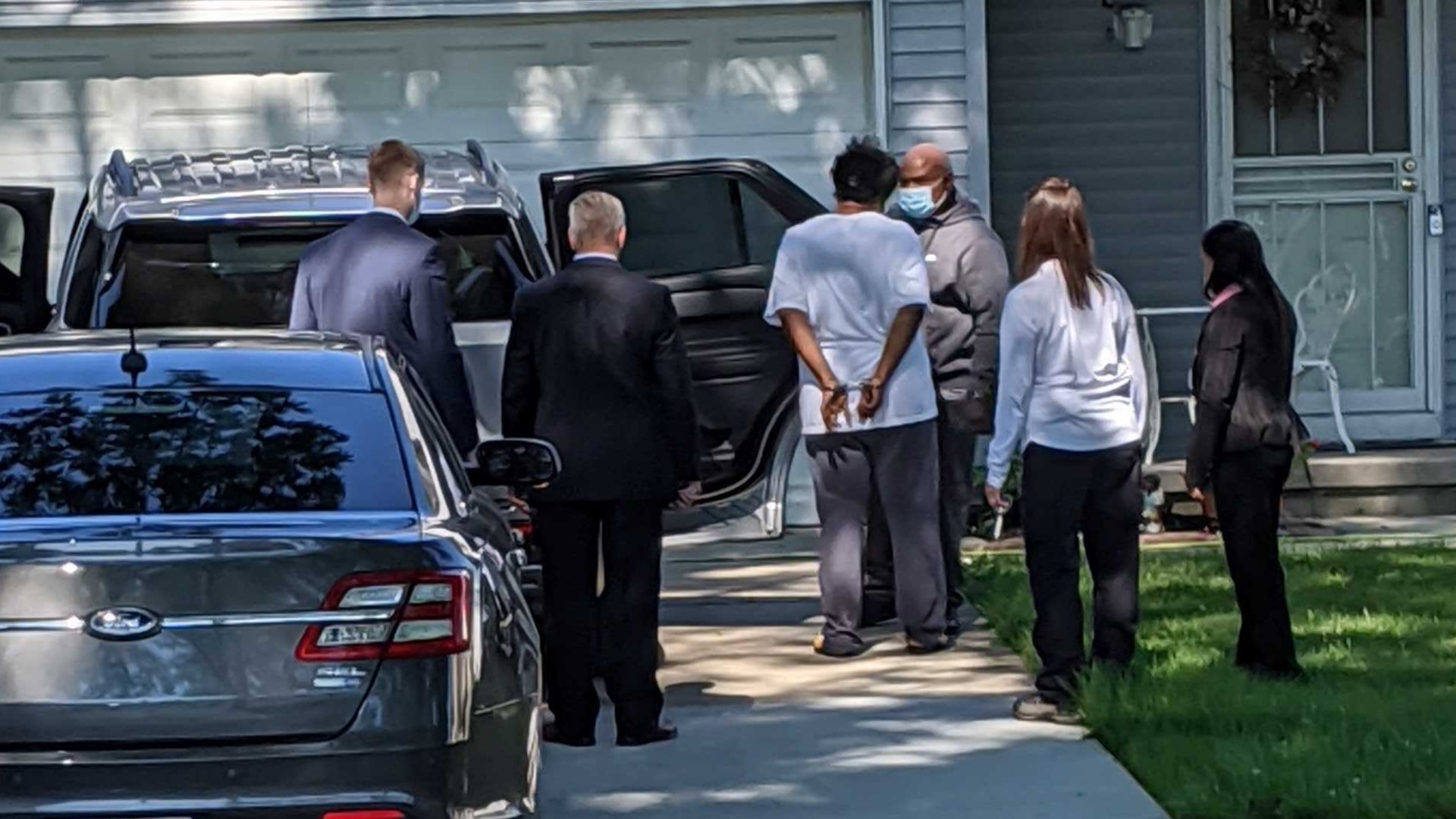TOLEDO, Ohio — Four Toledo City Council members were arrested Tuesday and are being investigated by the FBI for an alleged bribes-for-votes scheme.
Democratic council members Larry Sykes (At-Large), Yvonne Harper (District 4), Gary Johnson (At-Large) and Tyrone Riley (District 1) as well as local attorney Keith Mitchell were all named in the complaint, facing federal charges of bribery and violating the "Hobbs Act - Extortion under Color of Official Right."
Most people are familiar with bribery: the act of accepting money or some other valuable in order to influence the judgment or conduct of a person in a position of trust. If convicted, this charge alone could leave the council members facing a 10-year sentence.
That second charge, however, carries a 20-year statutory maximum sentence.
But, what is the Hobbs Act and why is it important?
WHAT IS THE HOBBS ACT?
The Hobbs Anti-Racketeering Act was first passed in 1946 as an amendment to the Anti-Racketeering Act of 1934. The move was part of Congress's efforts to fight labor racketeering and the activities of organized crime.
However, it seems that the act has been broadly interpreted by the courts, with their definition of "extortion" to include the act of public officials receiving bribes. One could assume this is the precedent FBI officials have used to justify using it in the Toledo case.
HOBBS ACT - UNDER COLOR OF OFFICIAL RIGHT
As it stands, there are two parts to the act: extortion by force, violence, or fear and under color of official right.
The second is what the four members of Toledo's city council are accused of.
"Extortion under color of official right" is when a public official wrongfully takes money or another valuable not owed to them or their office.
According to the US Dept. of Justice, in order to prove there has been a violation of the act under this particular provision, the Supreme Court has held that "the government need only show that a public official has obtained a payment to which he was not entitled, knowing that the payment was made in return for official acts."
This provision also doesn't require that public officials seek out payment for it to be considered extortion because their position of power is believed to be in and of itself coercive.
According to US Attorney Justin Herdman, if found in violation of the Hobbs Act, the four council members could face 20 years behind bars.
WHAT'S NEXT FOR THE ACCUSED
Harper, Sykes, Johnson and Riley all appeared in court Tuesday and were told of their charges. A judge set an unsecured bond of $50,000 for each council member. This means they will sign a paper that says they will pay that amount if they fail to appear in court.
The council members have also been ordered to have no contact with each other or anyone else involved in the investigation. Their travel has been restricted to the northern district of Ohio and if requested, they may have to submit a DNA swab.
The four are not banned from engaging in the deliberative business of being on council, but have strict orders against private communication with those involved in the case.
Johnson is a reserve deputy sheriff and collects guns, he was ordered to immediately have his firearms and ammunition removed from his possession.
Their next court date is expected to be July 20.

